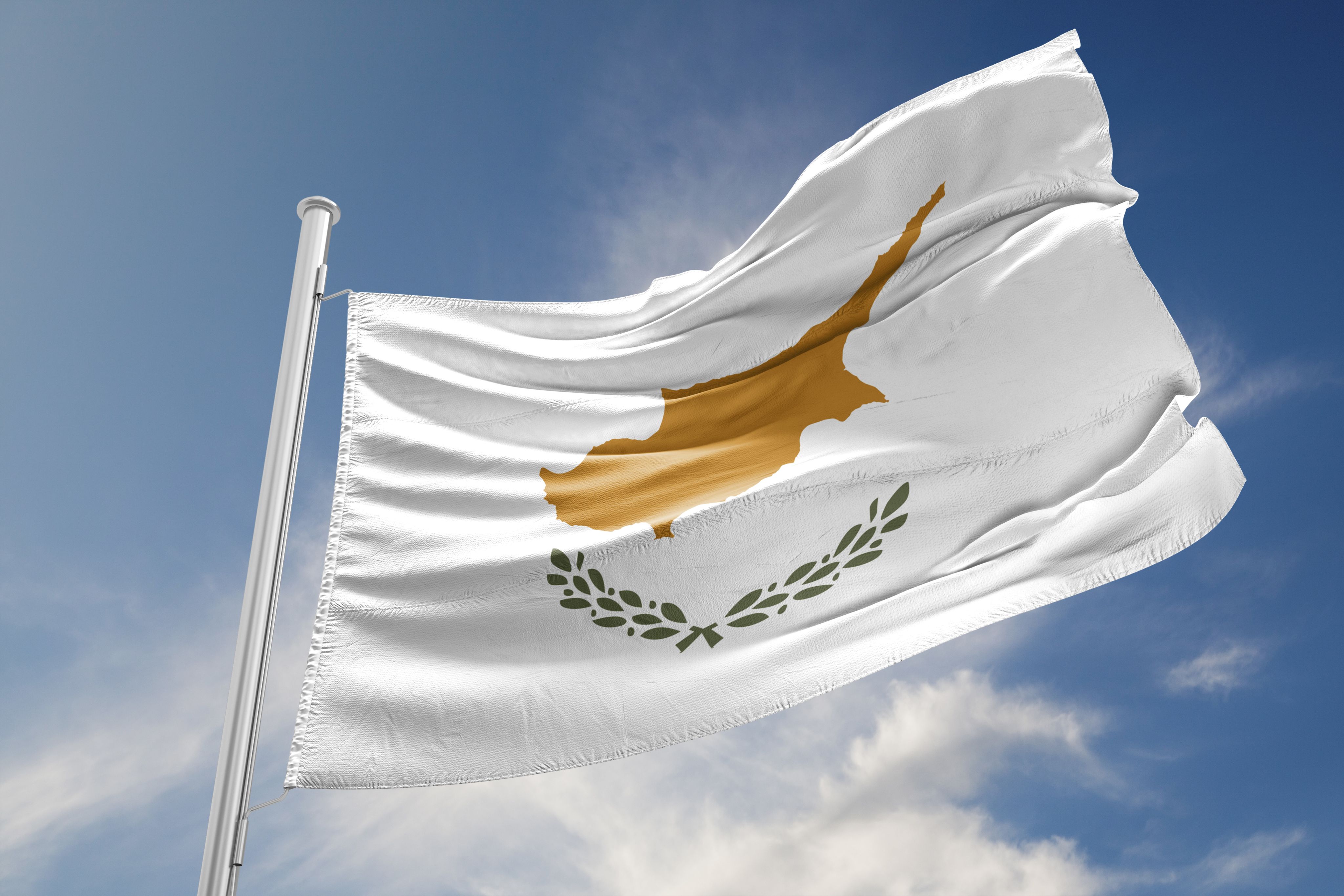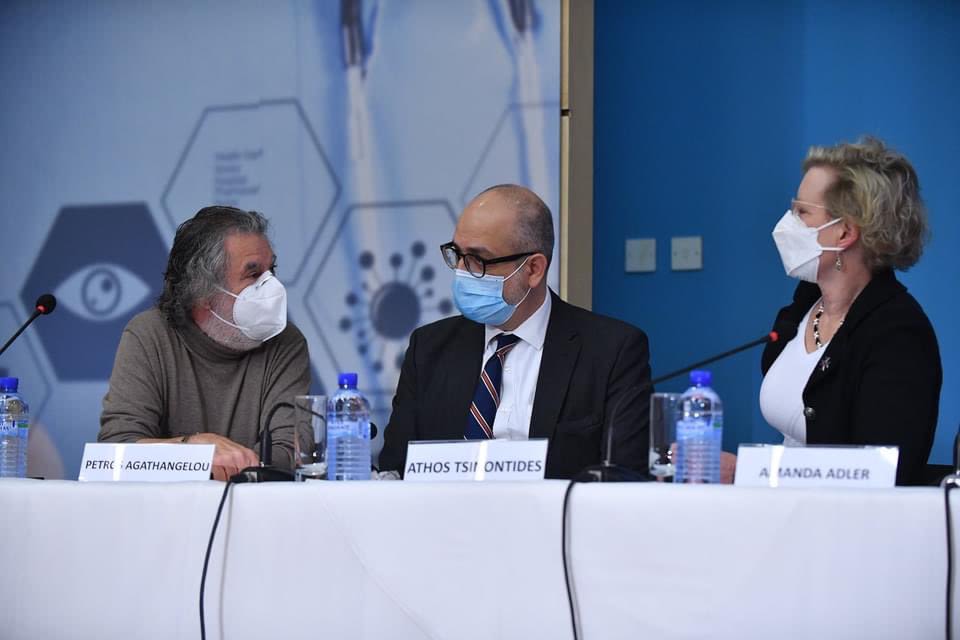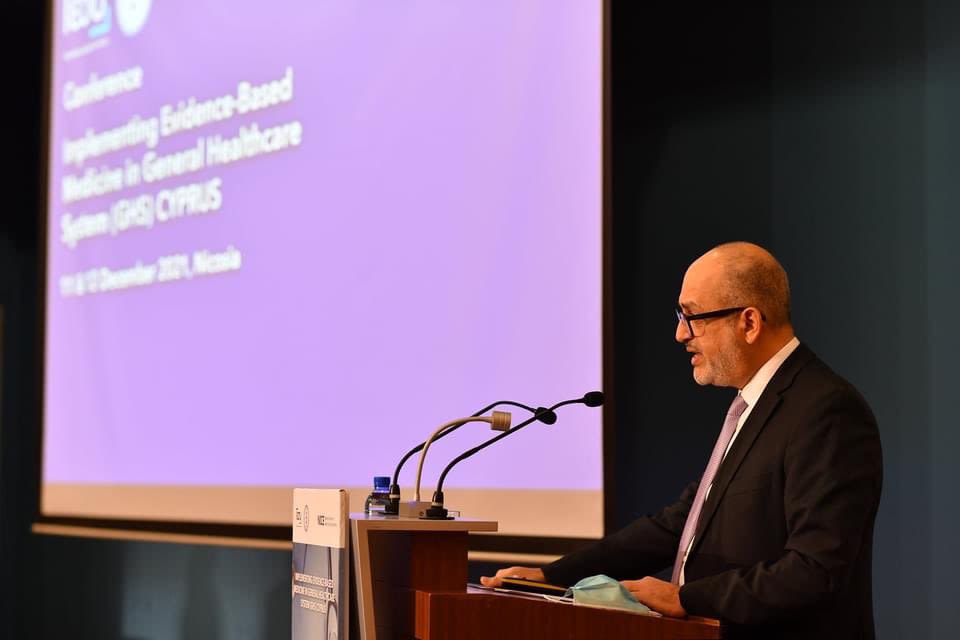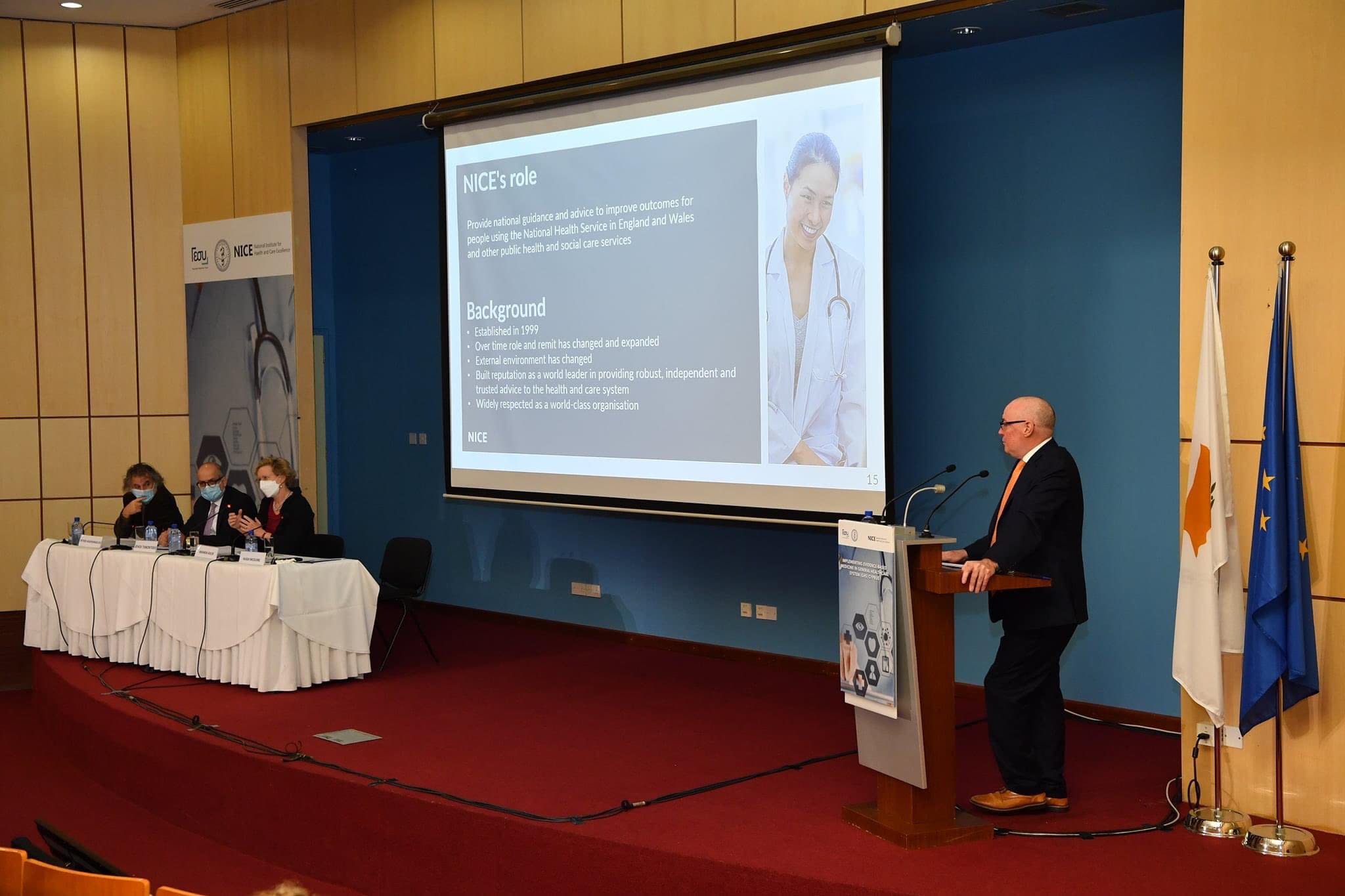Case study:
Contextualising NICE guidelines in Cyprus

NICE International supports countries to improve their nation’s health and wellbeing. We do this by offering services that share best practice and expertise from NICE to help drive improvements in health and care decision-making. In this case study, we explore our collaboration with Cyprus. This project focuses on the contextualisation and adaptation of NICE guidelines for use in the country, as an alternative to Cyprus developing their own.
"2.5 years following the implementation of the national healthcare system in Cyprus, it is of upmost importance that we focus our efforts in setting up mechanisms and procedures to deliver the desired healthcare outcomes in the most cost-efficient way. Health Insurance Organisation has selected NICE as its strategic technical adviser and partner in this endeavour and along with the Cyprus Medical Association and all other local stakeholders, we aspire to set the best practice standards and improve health and social care outcomes."
Athos Tsinontides, acting director general, Health Insurance Organisation, Cyprus
Who was involved?
The General Healthcare System of Cyprus (GESY) is a comprehensive healthcare system that offers equal access to healthcare services for all citizens. Cyprus’ Health Insurance Organisation (HIO) is responsible for implementing and managing GESY. HIO is keen to make sure GESY provides evidence-based care, of high quality, while enabling resources to be spent where they are most useful.
In April 2021, NICE International began collaborating with HIO. HIO invited its health systems partners, such as the Cyprus Medical Association, to get involved too.

Working with HIO

Through our international consultancy service, NICE International carried out a scoping exercise to provide deeper understanding of the Cyprus healthcare system. Working in collaboration with colleagues from NICE’s guideline development and quality indicator teams, they provided HIO with an overview of the adaption and, contextualization and adaptation of NICE guidelines to meet the country’s needs. They also explained how we develop our quality indicators.
Following this, NICE International produced a report and roadmap outlining potential next steps. This included:
- Activities focused on building capability for guideline development and associated support mechanisms.
- Developing working groups for the contextualization and adaptation of guidelines and derivation of quality indicators.
- Contextualisation of 3 NICE guidelines in priority areas, quality assured and co-badged by NICE.
- Development of quality indicators based on the recommendations.

To support implementation of the roadmap, NICE International delivered a series of knowledge transfer seminars. For example, on a visit to Cyprus, the NICE team covered topics such as:
- managing a guideline programme
- ensuring transparency in decision-making
- committee recruitment
- declarations of interest.

These in-person seminars provided a great opportunity for face-to-face learning between NICE and Cypriot stakeholders including the HIO, the Cyprus Medical Association, the Ministry of Health and patient organisations. Other experts from NICE also joined virtually throughout sessions. This visit was followed by another virtual knowledge transfer seminar focused on contextualization and adaptation of NICE guidelines. These hands-on practical sessions equipped our Cypriot colleagues with the knowledge and skills needed to contextualise and adapt guidelines for use in their own country.
Benefits and next steps
- HIO and relevant stakeholders in Cyprus are now ready to move to the next phase of capability building activities. In co-operation with NICE International, they will start to contextualise 3 clinical guidelines.
- HIO will derive a series of quality performance indicators. They will use these to monitor the performance of different services and take action to improve the quality of care.
- The Cypriot healthcare community holds NICE in high regard. They recognise that rigorously developed guidelines, reflecting the best available evidence, are a crucial resource in providing high quality care. Because of this, the Cyprus Medical Association has been keen to get involved in the project, working in partnership with HIO.
- The British High Commission in Cyprus has assisted with the project. This has resulted in stronger diplomatic relations between the UK and Cyprus.
In the future, NICE International would encourage the relevant stakeholders in Cyprus to continue the contextualization, adaptation and regular update of guidelines with the aim to enhance evidence-based healthcare provision in the country.